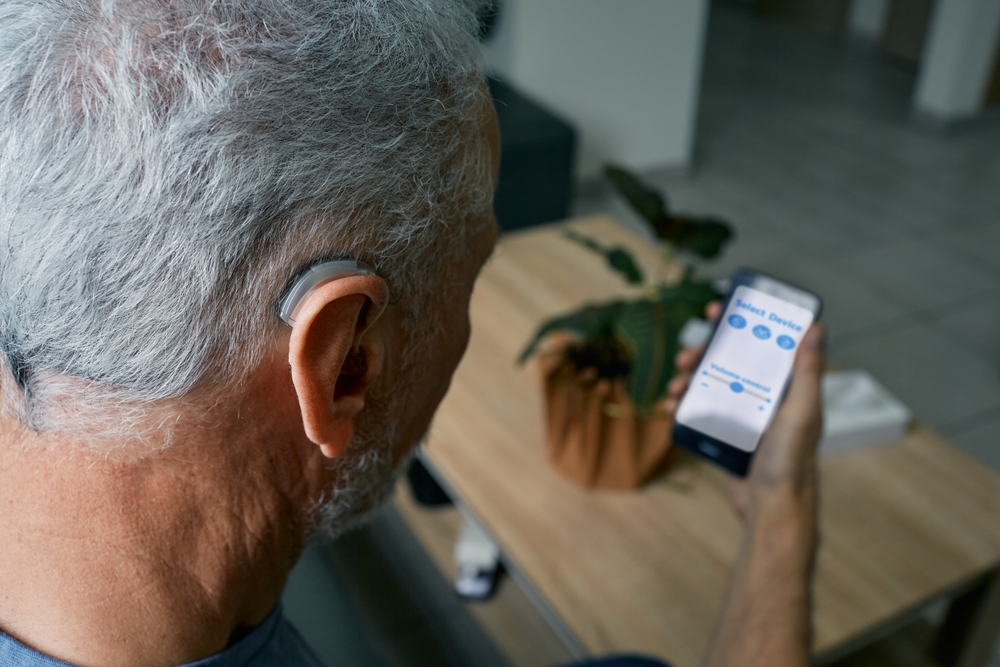Megan’s hearing specialist has recommended that she update the model of her hearing aid. The recommendation is not a surprise; Megan can tell she needs an upgrade. The voices of her neighbors and friends have seemed awful tinny of late. And she didn’t hear that car honking behind her in traffic the other day. But there’s a difference between knowing she needs a more powerful pair of hearing aids and acting on it.
That’s why a new law passed through the Illinois legislature is such a big step in the right direction. The law ensures that insurance companies in Illinois will be required to offer options for covering hearing aids and related expenses. This latest law is part of a worldwide phenomenon of lawmakers pushing insurance companies to acknowledge the importance of treating hearing loss. Recent research has linked untreated hearing loss with all sorts of health concerns from depression to cognitive decline.
Insurance Is… Confusing
You wouldn’t be the first person to wake up in a cold sweat one night and realize you just had a nightmare about… health insurance. No matter how old you are, decisions regarding your insurance can be intimidating–and they only get more complex when you factor in actual health considerations, too.
But what’s even more complicated than making healthcare decisions within the framework of your medical insurance plan is making healthcare decisions that are not covered by that insurance plan.
For many people across the globe, hearing aids are not covered by their health plans. That’s because many local governments do not require those insurance companies to offer plans covering possible hearing aid-related expenses (such as the initial purchase, fitting, calibration, maintenance, and so on).
Illinois Makes Five
Currently, there are only five U.S. states in which insurance companies are required to provide hearing-aid coverage options to adults. In Canada and elsewhere hearing aids are also often not covered. For children who need hearing aids, it’s a little bit better–there are 22 states in the U.S. that require insurance companies to have coverage options for hearing aids for children.
Arkansas, Connecticut, New Hampshire, Rhode Island, and now Illinois are the five states where coverage options are required. Adding Illinois onto that last has certainly been a step in the right direction.
But it also means that there are millions of people who might not have access to plans that include these hearing aid coverage options. That said, we should take a moment to mention that just because your local government may not require hearing aid coverage doesn’t mean there aren’t plans available in your area that do offer coverage. It just means that those options aren’t mandatory, so it’s ultimately up to the insurance company as to whether they want to offer them or not.
The Difference Insurance Can Make
If you live in an area that covers hearing aids, it now might be a little bit easier to upgrade your hearing aid–or to have regular maintenance performed on the hearing aids you own. And that can make a big difference in your life.
Just consider what hearing aids offer:
- Improved mental health. Untreated hearing loss has been linked to depression, anxiety, and loneliness.
- Hearing loss mitigation. Treating hearing loss keeps your auditory skills sharp and helps you hear.
- Independence. Modern hearing aids have the latest technology, from Bluetooth to sophisticated medical monitoring. These advanced hearing aids can help you maintain your independence.
Thanks to these insurance changes, Megan will have one less thing to worry about the next time she goes to talk to her hearing specialist.
Hearing Aids Should Always Be Covered
This new law gets us one step closer to getting hearing aids covered for everyone. The next trick is getting more governments to follow suit. There are a lot of Megans out there–a lot of individuals who would be greatly helped by the right kind of hearing aid coverage.
Even if Megan lived in a state that did not require such coverage, she still might be well served by her insurance–it might just take a bit more digging to figure out whether her hearing aids would be covered or not.
Insurance is complicated–frustratingly so. But it can be worth jumping in and finding out where you stand.


